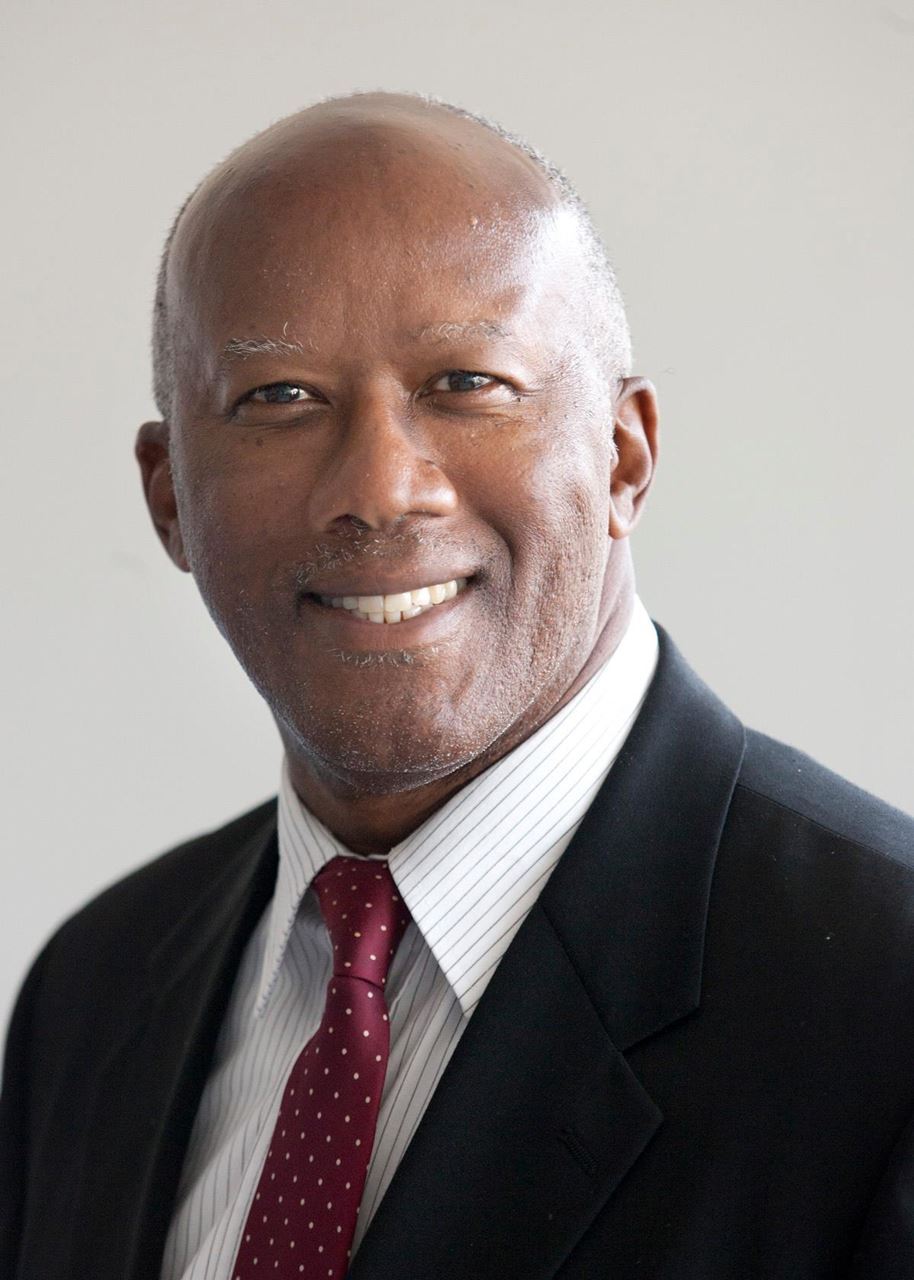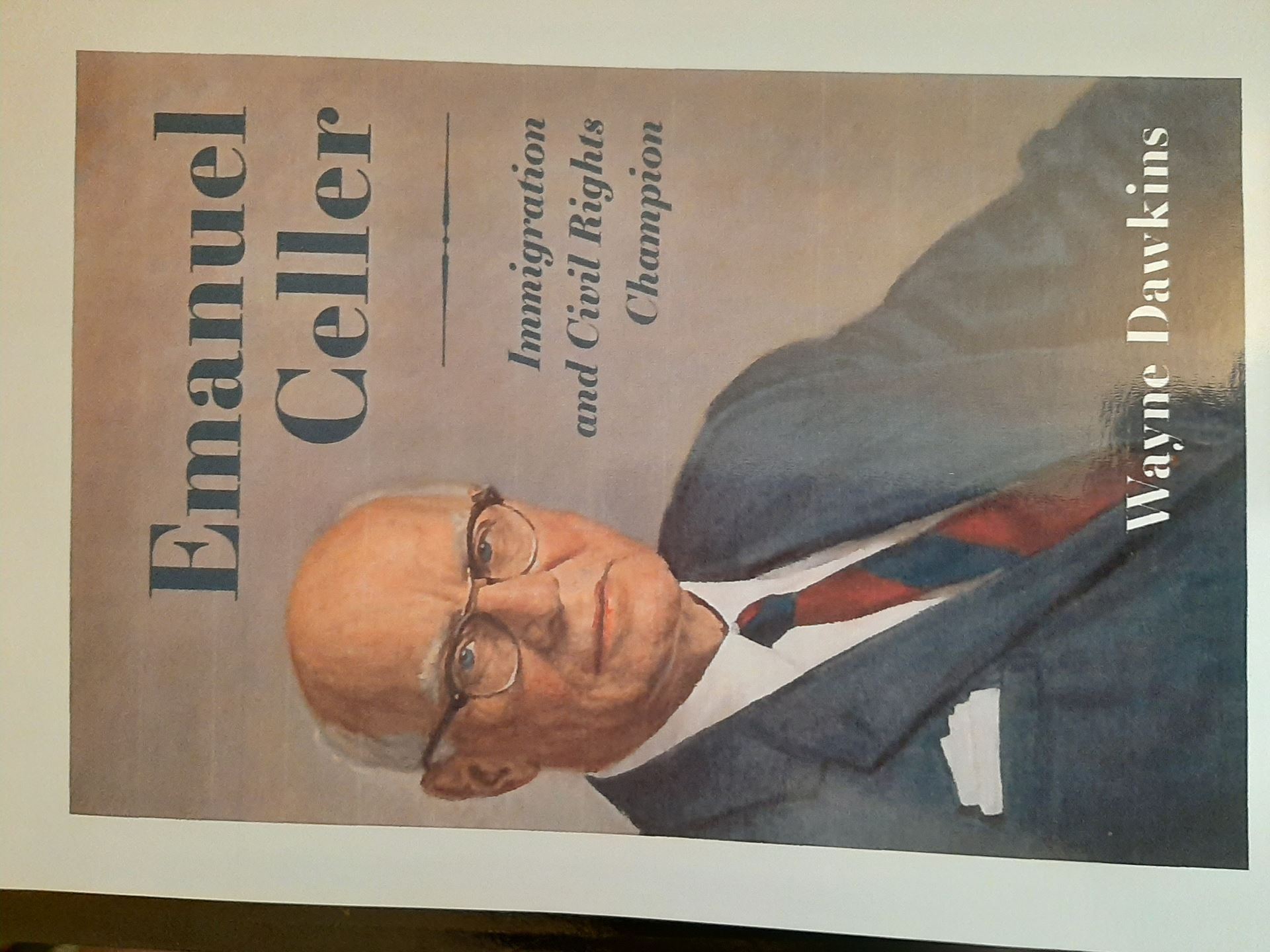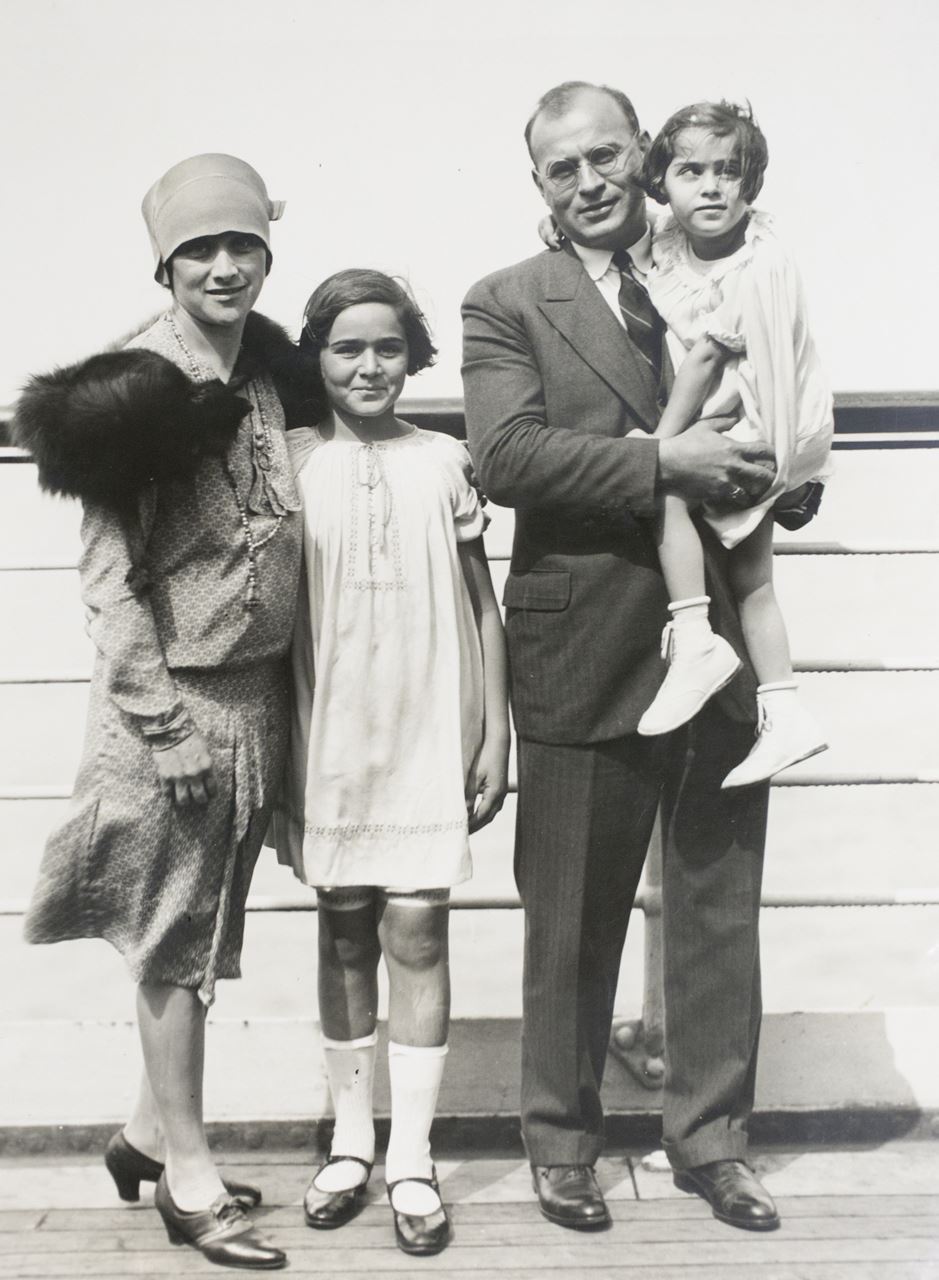Why did you choose to write a biography of New York Congressman Emanuel Celler?
When I wrote the 2012 biography, City Son, Andrew W. Cooper’s Impact on Modern-Day Brooklyn, Celler was among five members of Congress representing gerrymandered Bedford-Stuyvesant and Brownsville, which was 80% Black and Puerto Rican.
After my Cooper biography was published, I discovered that Celler was known for 1965 immigration reform. I was intrigued because my parents and extended family, Caribbean natives, have immigration stories. From internet searches I found that a few sites demonized Celler, Jacob Javits and Chuck Schumer as people who allegedly destroyed American culture because of their immigration reform advocacy.
University Press of Mississippi, my publisher, green-lighted the Celler book idea. Early in the research I learned my subject was richer. Celler was also the godfather of civil rights legislation, because as longtime chairman of the House Judiciary Committee he was floor manager of landmark legislation, including the 1964 Civil Rights Act, 1965 Voting Rights Act and 1968 Fair Housing Act.
Celler served nearly 50 years in Congress. What were his accomplishments?
 Celler co-authored three Constitutional amendments, Voting Rights for citizens who live in the District of Columbia [23rd], Abolishing Poll Taxes [24th] and Presidential Succession [25th]. Celler did not personally support it, yet he successfully floor managed a fourth amendment, the 26th, Voting Rights for 18-year-olds.
Celler co-authored three Constitutional amendments, Voting Rights for citizens who live in the District of Columbia [23rd], Abolishing Poll Taxes [24th] and Presidential Succession [25th]. Celler did not personally support it, yet he successfully floor managed a fourth amendment, the 26th, Voting Rights for 18-year-olds.
Celler’s name is on at least 300 U.S. laws. Among them is the Displaced Persons Act of 1948, which historians are now crediting Celler with rescuing approximately 340,000 to 600,000 refugees, many of them Jewish, trapped in post-World War II Germany and Poland.
Celler was an unequivocal advocate for an independent Jewish state, achieved in 1948 with the creation of Israel from former British colony Palestine.
Also, Celler pressed the FDR administration during World War II to establish U.S. diplomatic relations with the Vatican. The United States made good on that promise in 1981 when Ronald Reagan was president, also the year Celler died.
What might surprise readers regarding Celler’s political or personal life?

Celler has been hiding in plain view. There are 600,000 documents about the man at the Library of Congress. My research however began at Brooklyn Public Library central office, which had a Celler College in its Brooklyn Room.
Celler’s family heritage was Jewish and Catholic from Germany. Celler wrote two books, “The Draft and You,” a 1940 primer, and “You Never Leave Brooklyn,” his 1953 autobiography.
Celler’s creative talents were piano, his preferred instrument, violin, which his parents made him play. He doodled and drew caricatures of his political colleagues, and made paper puppets to entertain his grandchildren. Celler kept a diary book of pithy sayings to cite when he spoke publicly.
A secretary who worked for Celler during 1965-1972, his last years in Congress, told me in June that although I cited a source who wrote that the congressman was 5-feet, 2-inches tall, Celler was probably closer to 5-feet 7-inches tall. A rare, near-fatal illness in 1941 may have curved Celler’s spine.
Celler’s opposition to the Equal Rights Amendment contributed to his 1972 upset defeat by Elizabeth Holtzman, however Celler’s views on women was much more enlightened than his male congressional colleagues. Celler was praised by a coalition of women’s organizations for ending a ban on wives working for the government if their husbands were federal employees, and he lobbied for the acceptance of women doctors in the Medical Reserve Corps.
Yet Celler, born at the end of the 1800s, was Victorian in attitude toward women.
Bryan Cranston, who played LBJ in the 2014 Broadway play “All the Way,” performed as Celler too and spoke a few lines. However, in the 2016 HBO movie version of “All the Way,” Celler was not cast, but an adversary, Rep. Howard “Judge” Smith of Virginia, was featured.
Wayne Dawkins, 2016 AJHA Educator of the Year, is a professor of professional practice at Morgan State University School of Global Journalism and Communication.

